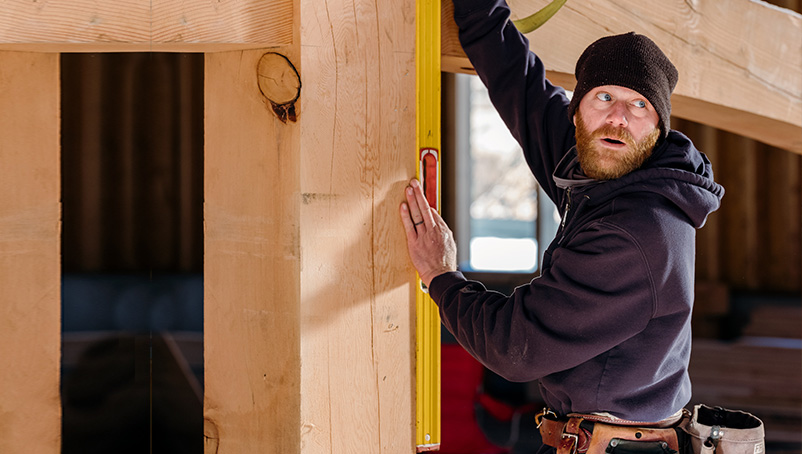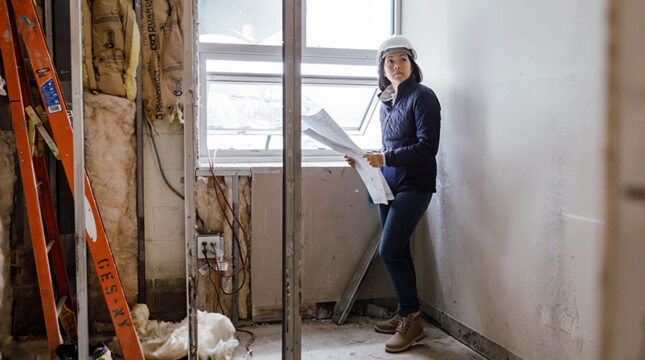How to apply for a Utah contractor license
Once you’ve met the Utah contractor license requirements, it’s time to submit your application. Forms for Utah contractor license applications are available online.
Submit your application by mail or drop it off in person at the Utah Department of Occupational and Professional Licensing (DOPL) in Salt Lake City. Wait four to six weeks before checking on the status of your application.
The number of classifications you’re applying for will determine your application fee. Follow the application instructions to calculate your total fees and correctly make out the check.
Utah contractor license endorsements
There are no Utah contractor’s license reciprocity agreements currently available. However, you may be able to apply for licensure by endorsement if you already have a contractor’s license in another state.
In order to be eligible, your contractor license must be valid, active and in good standing for at least one year in a qualifying state or jurisdiction. Contractor licenses from select states are equivalent to a Utah license. In others, the endorsement only applies to certain license classifications, such as electrical, plumbing or HVAC.
To obtain this endorsement, submit an official verification of your license with your application.
Utah contractor license renewal
All Utah contractor licenses expire on November 30 of odd-numbered years (2023, 2025, 2027, etc.). To renew your license, you need to fulfill these requirements:
Business insurance for Utah contractors
In addition to a contractor’s license, Utah business owners must obtain the proper insurance. Consider the following types of business insurance for Utah contractors:
General liability insurance
General liability insurance can help cover a wide range of basic risks for contractor businesses, including third-party injuries and property damage. All Utah contractors must show proof of this insurance coverage in their license application. The minimum coverage required is $100,000 per incident and $300,000 total.
Workers’ compensation insurance
This insurance can help provide coverage when you or an employee gets hurt on the job. Contractors in this state who have employees are required to have proof of Utah workers’ compensation insurance with the DOPL listed as a certificate holder.
Errors and omissions insurance
Also called professional liability or E&O insurance, this coverage can help with legal defense fees and other costs if you’re accused of making a mistake on the job.
Commercial auto insurance
Commercial auto insurance can help cover medical expenses, property damage and other costs if an accident occurs in a business vehicle.
Tools and equipment insurance
If something happens to your gear, tools and equipment insurance can help cover the costs to replace or repair stolen or damaged items.
Commercial property insurance
Utah contractors who own or rent real estate connected to their business, such as a storage space for equipment, may want commercial property insurance. This insurance can help cover accidents, theft and other incidents.
How NEXT supports Utah general contractors
NEXT specializes in insurance for small businesses like yours, which makes us a great resource for all your contractor insurance needs. We can create a custom insurance package based on your specific business, and you’ll get a discount for combining two or more policies.
Applying is easy with our online services. We can even help you with your application requirements by providing a certificate of insurance within minutes.
Get an instant quote today.






